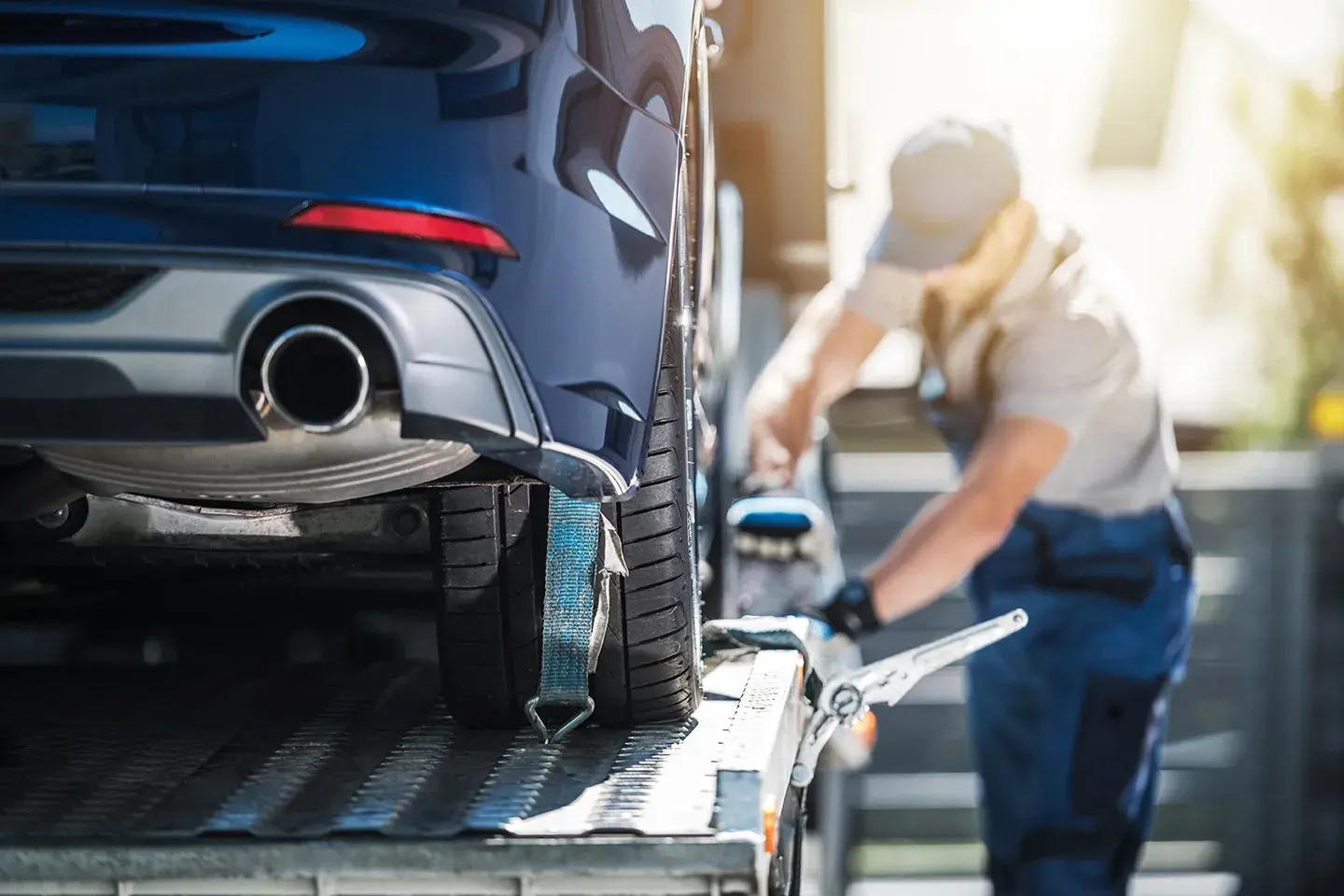How Car Shipping Quote Calculators Work?
Getting an accurate car shipping quote got a lot easier once auto transport companies started incorporating Quote Calculator features into their websites and their processes. Quote calculators make it really fast and easy for customers to find out what they can expect to spend for their auto logistics needs, whether it’s for enclosed car transport or open car transport. Most calculators ask for the following details:
- Vehicle year/make/model
- Vehicle running condition
- Zip codes of starting point and destination
- Desired method of transport
- Desired timeframe for transport
These are all factors that have to be plugged in when it’s time to develop a pricing structure for auto logistics. In these next few sections, we’ll break down how these factors all figure into your car shipping quotes.
Factors That Affect Car Transport Quotes
Distance and Pick-Up/Delivery Location
How Distance Affects Car Shipping Costs
Key Factors in Auto Transport Rates
Why Cross-Country Car Shipping Can Save You Money
Type of Transport: Open vs. Enclosed Carriers

Open Car Transport
In most of the auto logistics industry, open transport is the predominant choice. It’s dependable and affordable, with multiple vehicles loaded onto a double decker commercial transport trailer, like the trucks that service dealerships. Open transport does have the disadvantage of leaving a vehicle exposed to weather and road grit, but it’s the choice of most customers thanks to its budget-friendly pricing.

Enclosed Car Transport
Some vehicles really need more protection and security while en route, and that’s where enclosed transport is a good choice. With enclosed transport, the vehicle is loaded into a closed trailer with either aluminum or tarp sides, then locked in so it’s protected on all four sides while en route. Enclosed transport is actually recommended for exotics, supercars, lowriders and other vehicles with very low ride height. The drawback of enclosed transport is that fewer transport drivers have this equipment, and rates are going to be higher. Rates can be higher still with white-glove transport, designed to offer an extra measure of attention to detail and care in handling for super-rare classics or high-dollar luxury cars.
How to Prepare Your Car Before Shipping
Shipping your car with less than ¼ tank of fuel is recommended, saving on curb weight and shipping costs.
Please remove any toll tags or parking tags, and disable the vehicle alarm.
Please check for fluid leaks: motor oil, coolant, power steering, transmission or brake fluid. Transport drivers have the option of not loading a vehicle with leaks.
Please be sure all four tires are inflated, the battery is charged and all lights work.
Don’t forget to get a copy of the ignition key to the driver.
Many cities and suburbs prohibit commercial vehicles on residential streets. It takes a lot of space to turn and maneuver an 80’ tractor-trailer; if your street has lots of low hanging branches, parked cars or 90 degree corners, consider meeting your driver at a more accessible spot such as an open parking lot nearby.
Smart Tips for Getting the Best Car Shipping Quote

Vehicle Size, Weight, and Modifications
Vehicle weight and dimensions are also a big factor in shipping costs, which is why the calculator always asks for the year/make/model of the car. A vehicle that’s heavier is going to cost more in terms of the fuel that’s burned to haul it, as well as putting wear and tear on the truck, and the dimensions of a bigger vehicle means space on a trailer that could be allotted to other vehicles (and of course the driver has to calculate a maximum weight that’s allowable for the entire rig, cargo and all). Oversize vehicles like Sprinter vans, Step-Van style food trucks and 4x4 pickups with lift kits and oversize tires present their own special challenges for shipping. That’s how a 5500 lb, 15 ft long F150 or a vintage Cadillac will cost more to ship than a 2800 lb Mazda Miata.

Book Your Shipment Early
When a shipping broker receives an order from a customer, there are a lot of moving parts that have to be pulled together and details that have to be worked out. That’s why most companies ask for a minimum of two weeks lead time to get things lined up.
Most companies do have expedited shipping available for hotshot orders and short-notice needs, but it’s going to come at a premium rate. The longer you can give your shipping company and the farther ahead you can plan out your shipping needs, the better rate you’re going to be offered.

Chances are at some point you’ve encountered pricing for a product or service that sounded too good to be true, and that applies to auto shipping rates too. Too often, customers go with the company that offers the lowest rate, only to find out that they’re cutting corners on service and performance, or they’re sticking the customer with surcharges and fees for things that weren’t stated up front.
That’s when you really need to do your due diligence and read the fine print as well as researching customer reviews and ratings for the company you choose. Do some comparison shopping and find out about the reputation of the companies you’re looking at before you commit to anything.

Clean Your Vehicle and Document Its Condition
Before and after shipping, you and the driver will each perform an inspection on the vehicle for a record of its condition. This will all be noted in the driver’s Bill of Lading form, and it’s strongly suggested that you take some photos of the car during both inspections. It’s also advisable to give the car a good wash job, as it’s easier to spot dings, chips or minor defects on a clean vehicle. If you note any damage after signing the Bill of Lading document, it could be difficult to file an insurance claim, so these steps are very important.







